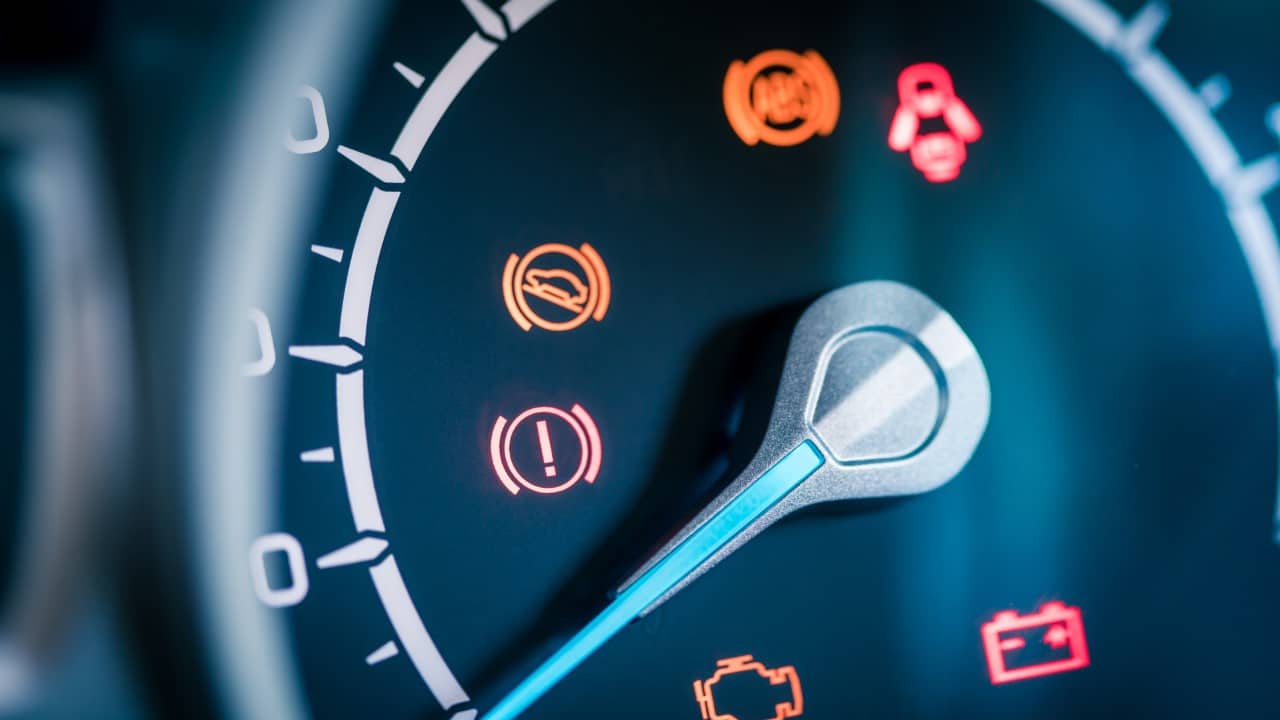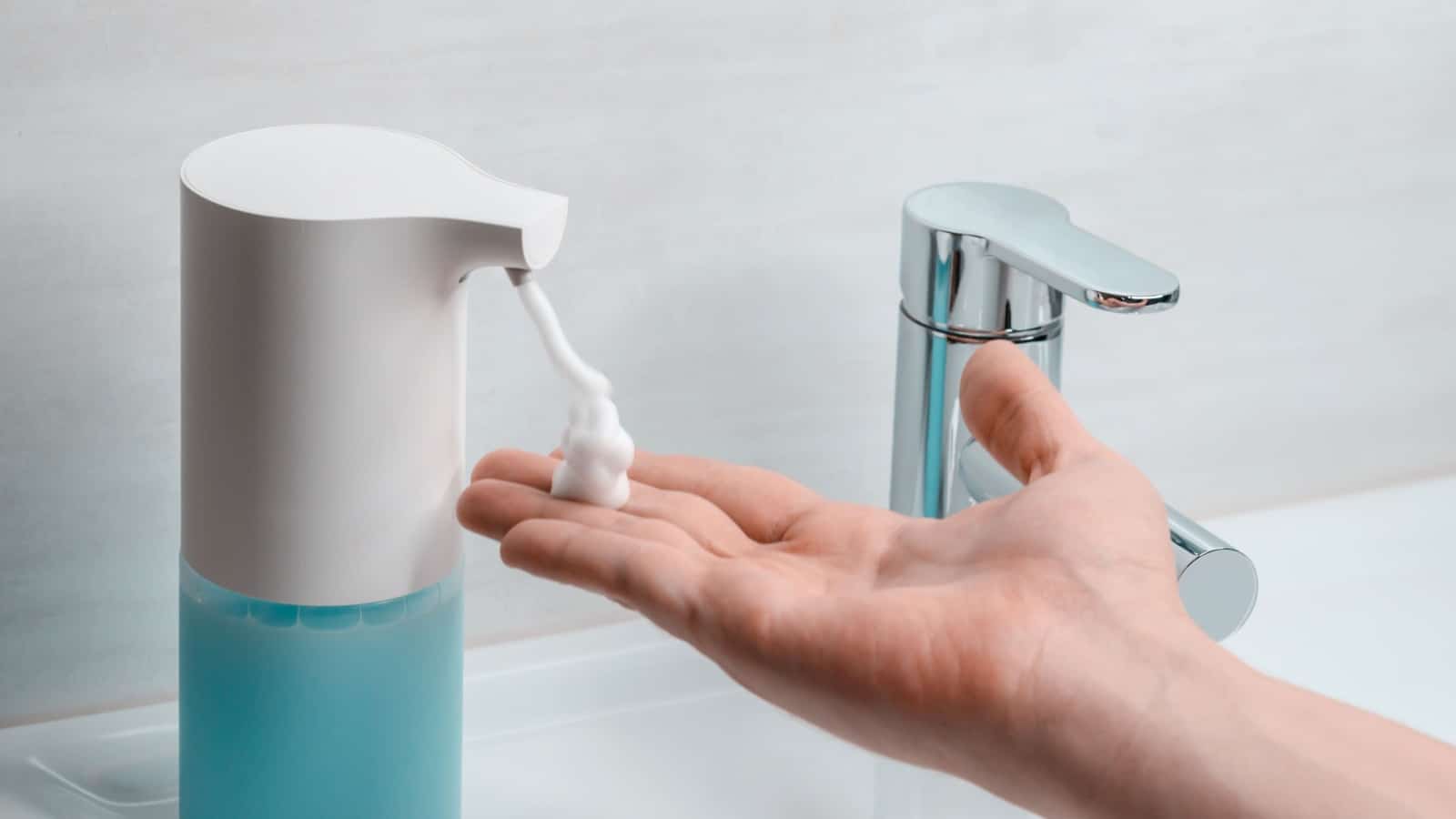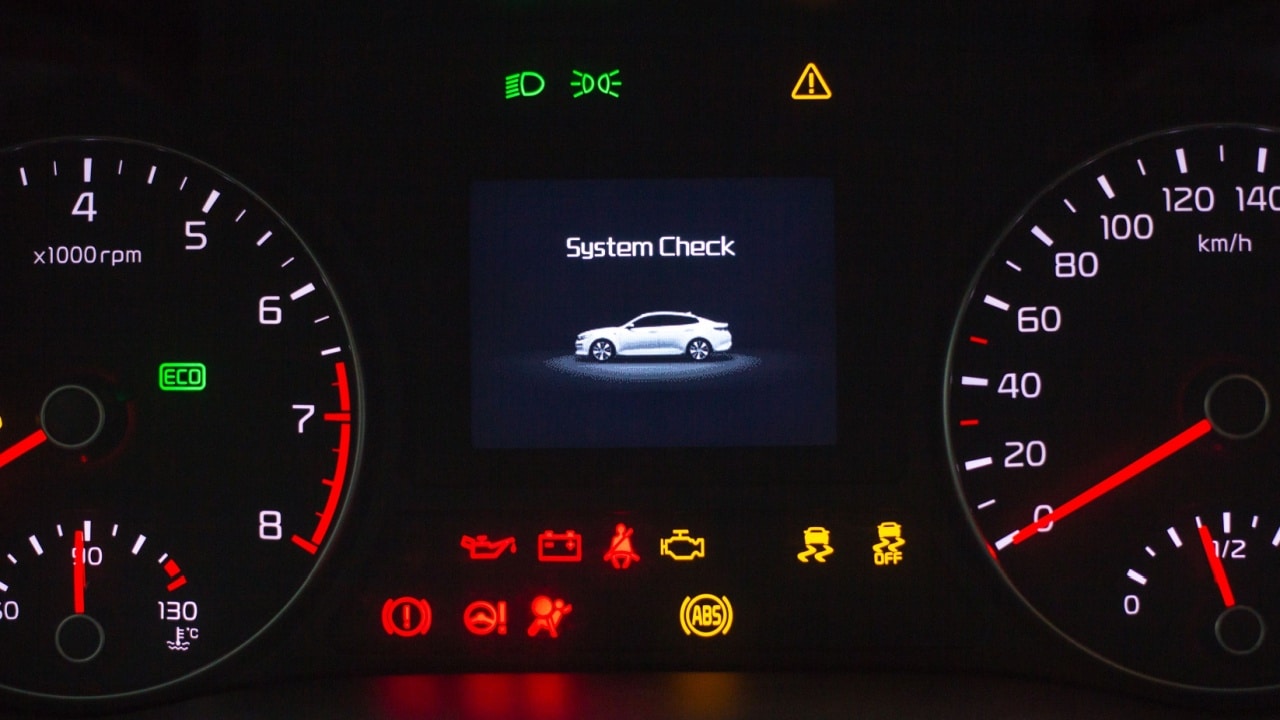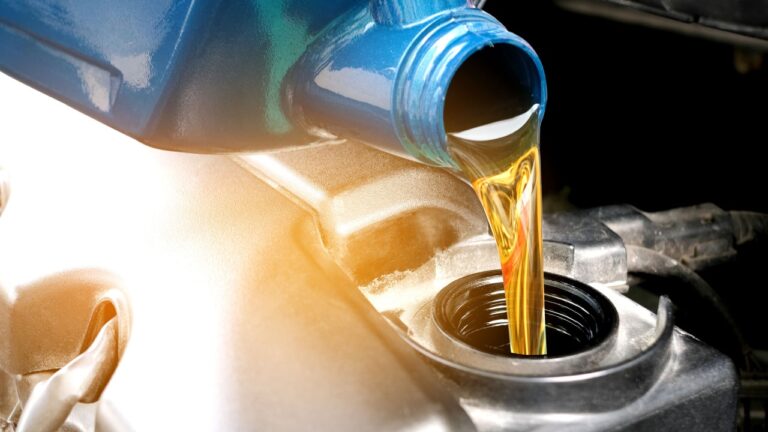13 Worst Car Tips Mechanics Have Ever Heard

It’s not uncommon to read or hear car maintenance advice in car meets or online forums and question one’s knowledge of cars.
Here’s the thing: Car buffs are known to be a very sarcastic breed of humans. Sometimes, they say crazy things, but in reality, they could be projecting their frustrations dealing with cars they love (but can’t afford).
Other times, it’s just a clueless individual spewing misleading remarks that could cost other owners thousands of dollars in maintenance and replacement parts. For this reason, new car owners are always advised to get maintenance tips from a professional mechanic at a manufacturer-authorized repair shop.
We’ve compiled a few maintenance tips that, over the years, have passed as hack among car circles — but to professional mechanics, these are the worst maintenance tips they have ever heard.
Water Instead of Washer Fluid

When you think about it — what’s the point of buying washer fluid at $4.50 per gallon when you can get regular old tap water for nearly nothing? It’s going to serve the same purpose, right? Clear the windshield and let the wiper blades do the rest.
Well, washer fluid and water are not the same thing, especially if you live in cold climates. Washer fluid has a unique formula, and better yet, it has a lower freezing point than water. Below the freezing point, water will solidify and expand, cracking the water reservoir tank.
Additionally, depending on where you get your water, it could introduce impurities that could clog your vehicle’s hoses, leading to unexpected damage.
Skipping Recommended Oil Changes Intervals

It’s common knowledge that your vehicle’s oil needs replacing after a specific mileage interval. Most automotive experts and mechanics recommend an interval of 3,000 miles. A rule of thumb is to follow the specifications highlighted in your vehicle’s owner’s manual or brand dealership.
Unfortunately, some car owners feel it’s not important to change their vehicle’s engine oil at the recommended interval, especially if they travel over short distances or the car has been sitting for a while.
Here’s the truth: Oil breaks down (degrades) over time, so it’s critical to change it regularly as required by the manufacturer.
Flushing Engine With Water

One of the most shocking things that can happen to a car owner is finding metal chippings in the oil pan after an oil change service. The result could be fatal. Most times, when this happens, you’ll be advised to do an engine flush to get rid of the tiny metal chips.
Don’t flush with water. The best alternative is cheap oil — water and engine internals equal bad news.
Here’s the thing. Water and oil don’t mix (not soluble), and therefore, the crud you might be trying to get rid of won’t wash away. In the worst-case scenario, your vehicle won’t turn back on after the water flush.
Defrosting Windshield With Hot Water

Some car hacks seem smart until you try them out yourself. For example, using hot water to defrost your windshield sounds like the right thing to do. After all, ice melts when heated — what could really go wrong?
Well, as it turns out, a lot can go wrong. The thermal shock reaction of boiling water on frozen glass will cause it to shatter or crack. A better option is turning on your vehicle’s defroster earlier to get rid of the ice ahead of time — rather than spending the next several hours of your morning at a glass shop replacing a broken windshield.
Print on Your Tire Is Not Recommended Tire Pressure

It’s important to understand that the markings on the sidewall of your vehicle’s tire are normally provided by the tire manufacturer — not the car manufacturer.
Most car owners confuse these markings for recommended tire pressure when, in fact, they are the maximum amount of pressure the specific tire can withstand.
Inputting improper tire pressure can lead to handling issues and, worse, a blowout. If you are uncertain of the tire pressure, find the right figures indicated in your vehicle’s owner’s manual or contact a brand-certified mechanic for more insights.
Regular Fuel on Premium Fuel Engine

There are many arguments about this topic around car circles, but at all times, it depends on the specific manufacturer’s requirements. Some vehicles (modern vehicles) require owners to use premium gasoline (high-octane), and some just recommend it.
Using regular gasoline on an engine that requires premium fuel to save a few bucks could lead to regrettable problems — especially if the vehicle in question is a high-performance variant.
These engines are designed for high-octane fuel to prevent knocking and pinging. Switching to regular gas could severely affect their efficiency, damaging internal components in the long term.
Turn On the Heat To Turn down the Heat

There’s a wild misconception that you should turn up your heater in case your vehicle starts overheating while driving down the road. Here’s the truth. That’s the opposite of what your car needs at that critical moment.
First, shut down your AC, pull over, and contact your local mechanic or roadside assistance. Another thing to avoid is adding cold water to your radiator — the reaction could damage your engine block.
Dishwasher Soap for Car Wash

Using a dishwasher produces impressive sparkling results for your china and kitchenware. Dishwashing soap formula ingredients are designed to clear out grease and oil from pans and plates. Unfortunately, using dishwashing soap on your car will clean more than dirt and grime — it could also damage your paint.
Modern car paint jobs include much more than a clear coat. Depending on the specification and trim, they could also have a protective coating and wax to keep them glistening. Using dishwashing soap will dull the shiny paint finish.
Ignoring Dashboard Warning Lights

Modern cars are designed to communicate with drivers via the instrument cluster. Therefore, when a light ignites on your vehicle’s dash, chances are there’s something that needs to be looked at.
Most car owners never take these lights seriously — save for the check engine light, which spells disaster. VW owners have a running joke about dashboard lights (the Christmas tree), and they are never taken seriously.
When a warning illuminates on your dash, it’s normally triggered by a sensor indicating a problem with the car management system. Scanning the error codes is the first and best way to find the problem behind the warning lights, not brushing it off.
Engine Oil Is Engine Oil

Car engines are designed to run with specific engine oil grades and levels of viscosity. For instance, the type of engine oil used by vehicle owners in colder climates and those in warmer regions will greatly vary in viscosity.
Vehicle owners in winter regions will ideally use SAE 0W-30 or 5W-30, the lowest viscosity at cold temperatures.
Since engine oil protects and lubricates your vehicle’s engine, using oil that’s not recommended for your engine by the manufacturer could have negative effects, affecting the longevity and efficiency of the internal components.
Ignoring Minor Leakages

Many car owners don’t take leaks seriously. However, leaks are often signs of bigger problems in the future.
If your car is leaking fluid, chances are components that need cooling or lubrication are getting starved — the result is often friction-related or overheating issues that are not rosy or cheap to fix.
A rule of thumb is always to fix leaks the moment you spot them to avoid costly repairs.
Ignoring Timing Belt Changes

Most cars today either have a timing belt or chain. Depending on the make and model, these internal engine components need replacing at certain intervals. The belts and chains synchronize the engine’s crankshaft and camshaft.
If it snaps while running, severe engine damage is inevitable, especially to interference engines (the valve open position extends into the piston area). Most manufacturers recommend replacing the timing belt after five years or 60,000 miles.
Used Replacement Parts Are Better Than Aftermarket

Let’s face it: everyone loves to save some money, especially when costly vehicle repairs are concerned. And nothing beats going into the junkyard to scavenge for some used replacement parts.
While there’s a good chance these parts will be OEM, their level of wear and tear is unpredictable, especially if it is an accident or flooded car.
Buying branded replacement parts is the best option for maintaining your car in the long run. Quality parts improve your vehicle’s performance, efficiency, and reliability.





